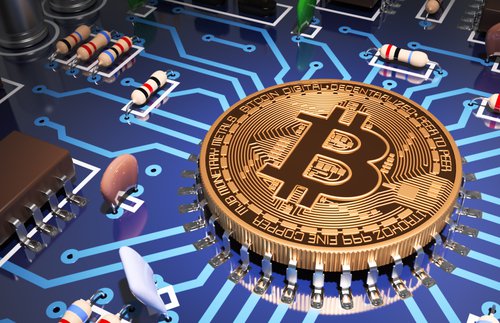
If your life is anything like mine (or not), you too would have heard several stories from friends and family about how they were offered to buy bitcoins at a very low amount a while back and now regret losing that opportunity since the value has hiked so much. Bitcoin is everywhere these days – it’s on the news, all over social media – everyone you know seems to be interested in this one thing. But is it really all that?
Bitcoin holds a dark side not many of us are aware of. A huge majority of bitcoin users right now are law abiding citizens that just want to increase the amount of money in their pockets, but that doesn’t mean that big shady transactions don’t take place through this virtual currency all the time. The anonymity that bitcoin offers allows for utmost convenience for crimes to take place. From drug trade to organ trade to human trafficking to an actual ransomware attack, bitcoin is increasingly being used by dangerous crime groups and serious criminals for their benefit.
It’s important to understand that as attractive as the investment seems, there isn’t even an identity attached to the person that created all of this. You will basically be giving your hard earned money to a system where you have no legal recourse, which was created by individuals you (or anyone, really) don’t know at all. In case you lose all this “money” you’ve “earned” in a scam, there will be no way for you to take any legal action towards anyone, thanks to the absolute inability to track bitcoin users.
Apart from all of this, it is also just very volatile. It is known to have drastic ups and downs in its value. It has hiked a few times in earlier years (2010 & 2013), right before experiencing a crazy fall right afterwards.
And in the end, bitcoin is neither a tangible asset, nor a form of fiat money. Owning 1000 bitcoins is virtually a lot but in reality it is nothing. Everyone is investing in bitcoin with the assumption that someday someone else will give them cash in exchange or that bitcoin will become the go to currency for everything. And this speculation is leading to more and more people investing in bitcoins without any research or information (Sounds like many other speculative bubbles, that all burst at some point).
Maybe, rather than trying to entirely ban or halt bitcoin activities, governments can find solutions to use such an advanced technology to their advantage? Maybe there is a reason they haven’t done it yet? Either way, as individuals – it’s better to be safe, than sorry. Just as Warren Buffet said, “If you don’t understand it, don’t invest in it!”


